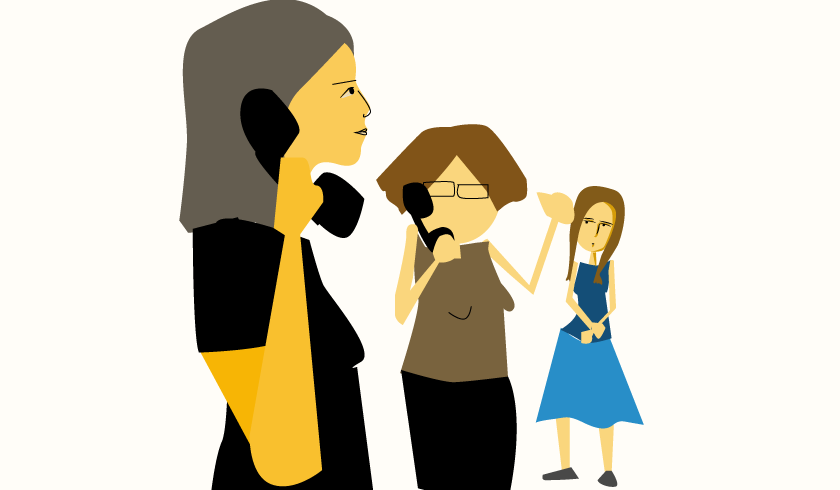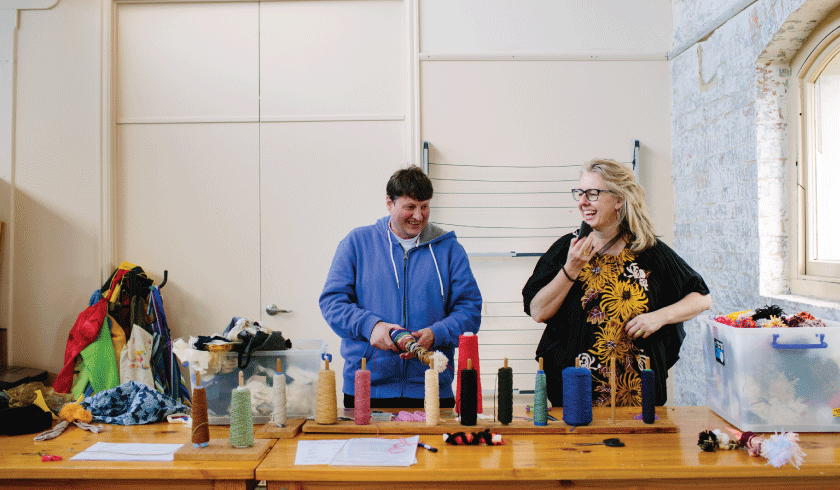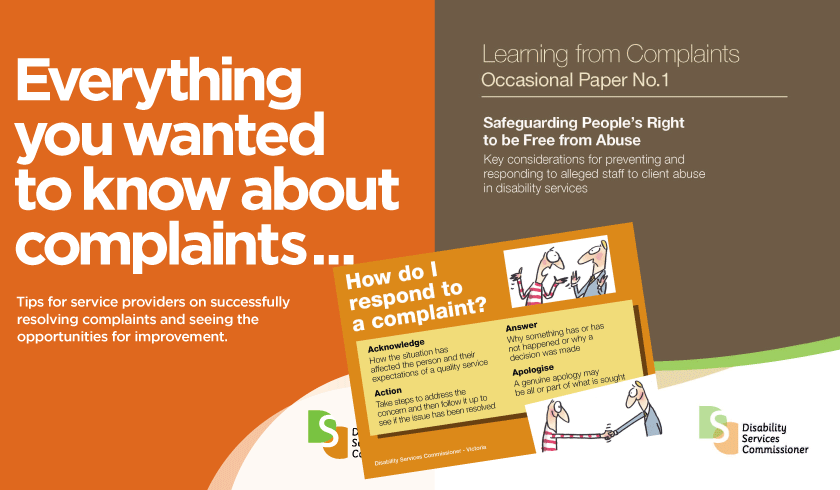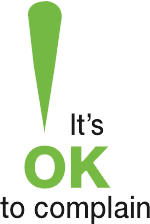Download in PDF (88 KB)
Conciliation allows all participants to have their voices heard, to seek to understand other views, to explore the issues, and reach agreements on changes to disability services.
What happens when a complaint is referred to conciliation?
The Disability Services Commissioner (DSC) encourages people to conciliate when we determine that conciliation is the most appropriate way to deal with a complaint.
The conciliation process is designed to meet the individual circumstances of each complaint.
Before the conciliation meeting, separate pre-conciliation conversations are held with the person making the complaint and the service provider. This helps to clarify expectations, provide information, and assist in preparation.
We will confirm the time, date and venue and discuss:
a. the issues referred to conciliation and how they will be discussed in the meeting
b. arrangements for the meeting including support and communication needs
c. the role of DSC
d. the aim of the conciliation
e. information regarding confidentiality
f. any concerns and questions.
If the person receiving the service is not involved directly in the meeting, we will consider ways to ensure that the person’s views and wishes are reflected in discussions and any agreement reached.
Who runs a conciliation?
The majority of conciliations will involve a conciliation meeting facilitated by two DSC officers. They act on behalf of the Commissioner and do not advocate for either party.
How does the conciliation work?
We will help the parties to explore and clarify the issues, gather information, and participate in discussions.
The aim is for each party to be heard and where possible, to reach agreements that are consistent with the principles of the Disability Act 2006.
A conciliation meeting is not a public hearing, court or tribunal. That means participants do not have to prove or disprove the complaint.
Conciliation allows all participants to have their voices heard, to seek to understand other views, to explore the issues, and where possible, reach agreements on changes to disability services.
We adapt our process to suit participant needs. Conciliation meetings typically take up to four hours with breaks. In some cases there may be more than one meeting, discussion or exchange of documents as part of conciliation.
What happens after a conciliation?
Outcomes depend on the agreement of the people attending the conciliation meeting. Conciliations will conclude when an agreement is reached, and/or it is decided that the complaint cannot be conciliated any further.
If the person who made the complaint and the service provider reach agreement, it will be recorded in writing. Parties may request the written agreement be certified by the Commissioner within 30 days after agreement is reached.
If an agreement has not been reached, the Commissioner can consider whether any further action is needed, such as provision of advice or investigation.
In all cases, DSC officers will provide a report to the Commissioner on the outcome of the conciliation and the next steps.
What can I expect from DSC?
You can expect our approach to reflect:
Our Values: rights; fairness; respect; and
Our Principles: accessible; person-centred; accountable; responsive; and excellence.
What rights and responsibilities do conciliation participants have?
Participation in the conciliation meeting is voluntary. We ask that you be available to attend the whole meeting.
At any stage during the conciliation meeting, participants can decide not to continue. We encourage participants to raise any concerns during the meeting.
To provide the best opportunity to reach agreement, participants are expected to give each other an opportunity to put forward their views, to be respectful of each other and to be prepared to find a resolution to the complaint.
Participants are welcome to bring a support person with them. This may be any person such as a family member or advocate.
What legal protections exist?
Under the Disability Act 2006, anything said or any documents exchanged during the conciliation process cannot be used as evidence in proceedings before a court or tribunal.
We will remind all people at the conciliation meeting of these legal obligations.
Contact us
Phone (preferred): 1800 677 342 (free call from landlines)
Website: www.odsc.vic.gov.au
Fax: 03 8608 5765
Email: complaints@odsc.vic.gov.au
National Relay Service: www.relayservice.gov.au then 1800 677 342
Download in PDF (88 KB)










